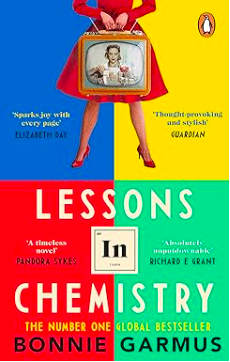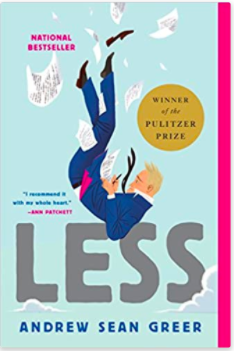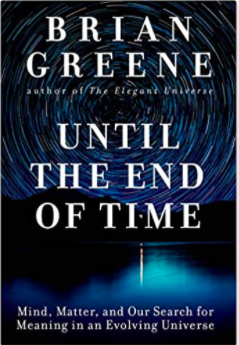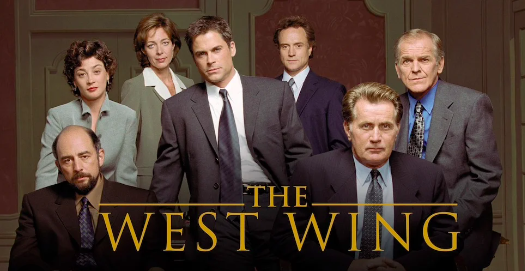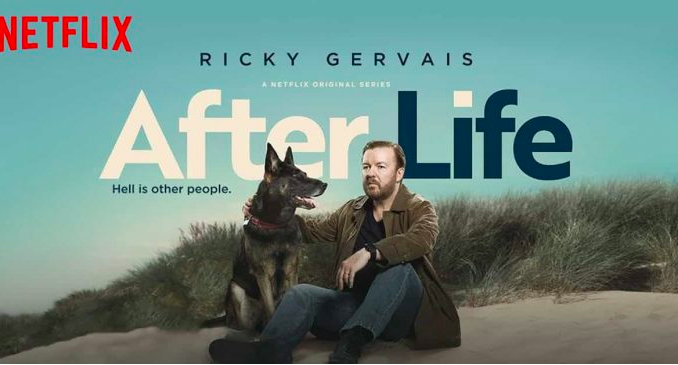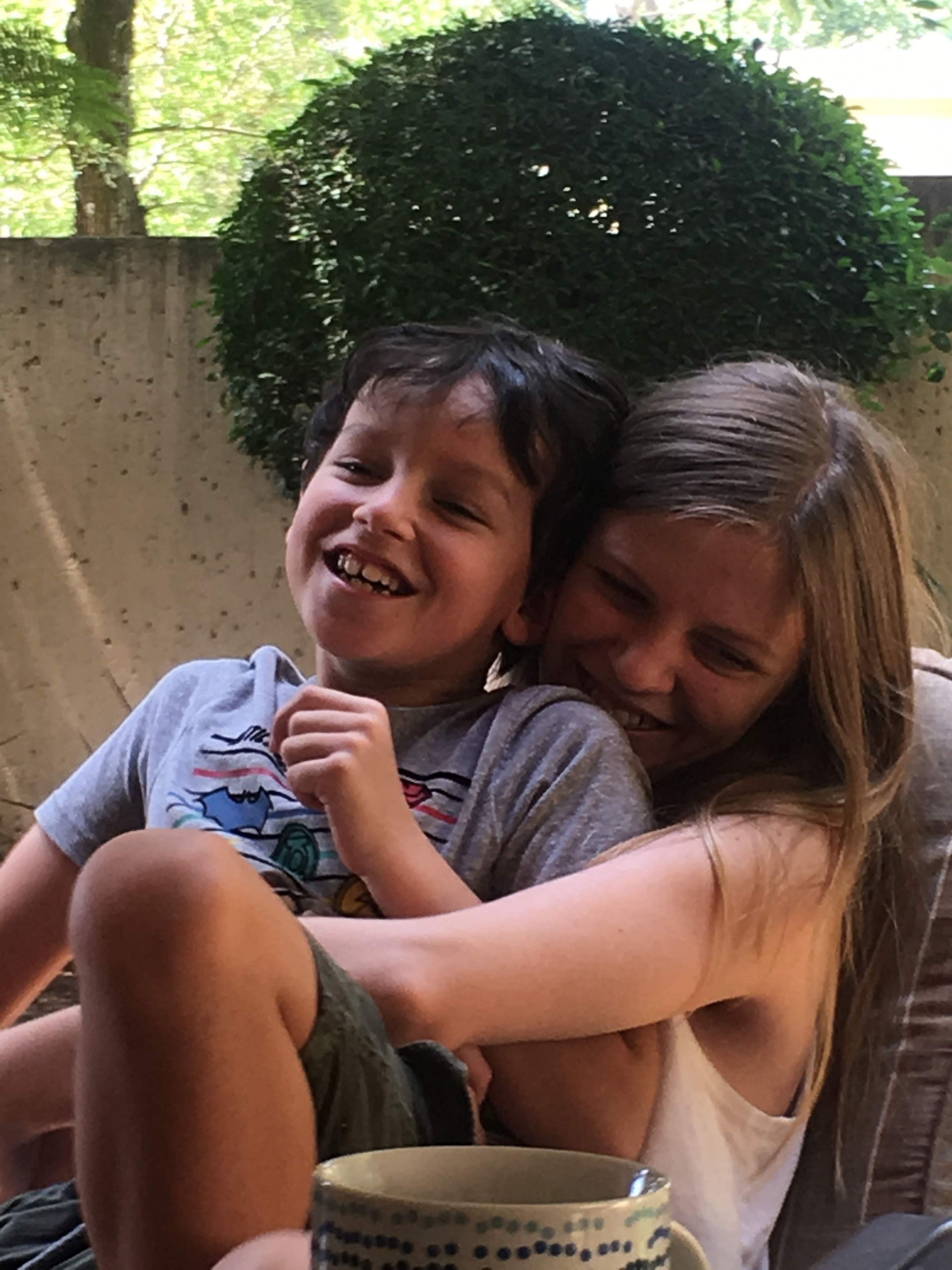I recently came across the “Fatal Flaw Friendship” framework, and I want to share it here. It goes something like this: in any two-person relationship, each person will have what to the other person is a “potentially fatal flaw”. This is a big-deal flaw, not some minor annoyance that can easily be overlooked or fixed. This is the kind of stuff that makes people either walk away from the relationship (thus making it a fatal flaw) or cause a lot of frustration. Once we identify the flaw in the other person, we have a decision to make: do we walk away, or do we put up with it? If we choose to walk away, we usually do that before we are too vested in the friendship, which makes it easy to do. But if we opt to stay then the framework says we have to accept the flaw and not bitch about it again.
As an example, let’s assume that you dislike Trump, and your friend-to-be is a Trump supporter, which you consider her potential fatal flaw. You can either choose to not be friends (no harm done), or you can accept her preference for Trump and live with it. You can of course still debate her about politics and try to get her to change her allegiance, but you cannot hold it against her and punish your friendship for her political choices. And, by the way, the same is true for her and her feelings towards you disliking Trump: she can either walk away, or accept it.
By applying the fatal flaw framework, we are giving the friendship the gift of tranquility. Assuming the person and the flaw have made it past the “walk-away” point, by not allowing ourselves to complain about the flaw we become happier in our interactions with our friend. We remind ourselves that we chose to include the flaw in our lives, and thus cannot hold it against the other person. We need to honor the friendship, and honor our option to choose. After that, we need to let go and accept.
Of course, we always have the option to change our mind. When the flaw becomes overwhelming and cannot be ignored, we can always re-evaluate, and walk away if necessary. And we shouldn’t be surprised if that indeed does happen. We grow and evolve, and our values and needs change. We might outpace the growth of others, or be outpaced by them. When the friendship no longer fits, it needs to be let go. How do we know when it’s that time? When we complain bitterly about behaviour we tolerated before, or when it begins to cause us an unacceptable level of frustration. With romantic couples, that’s a good sign to see a therapist. With friends, it can be easier to honor the past season of friendship, but welcome the next season solo.
xx,
















